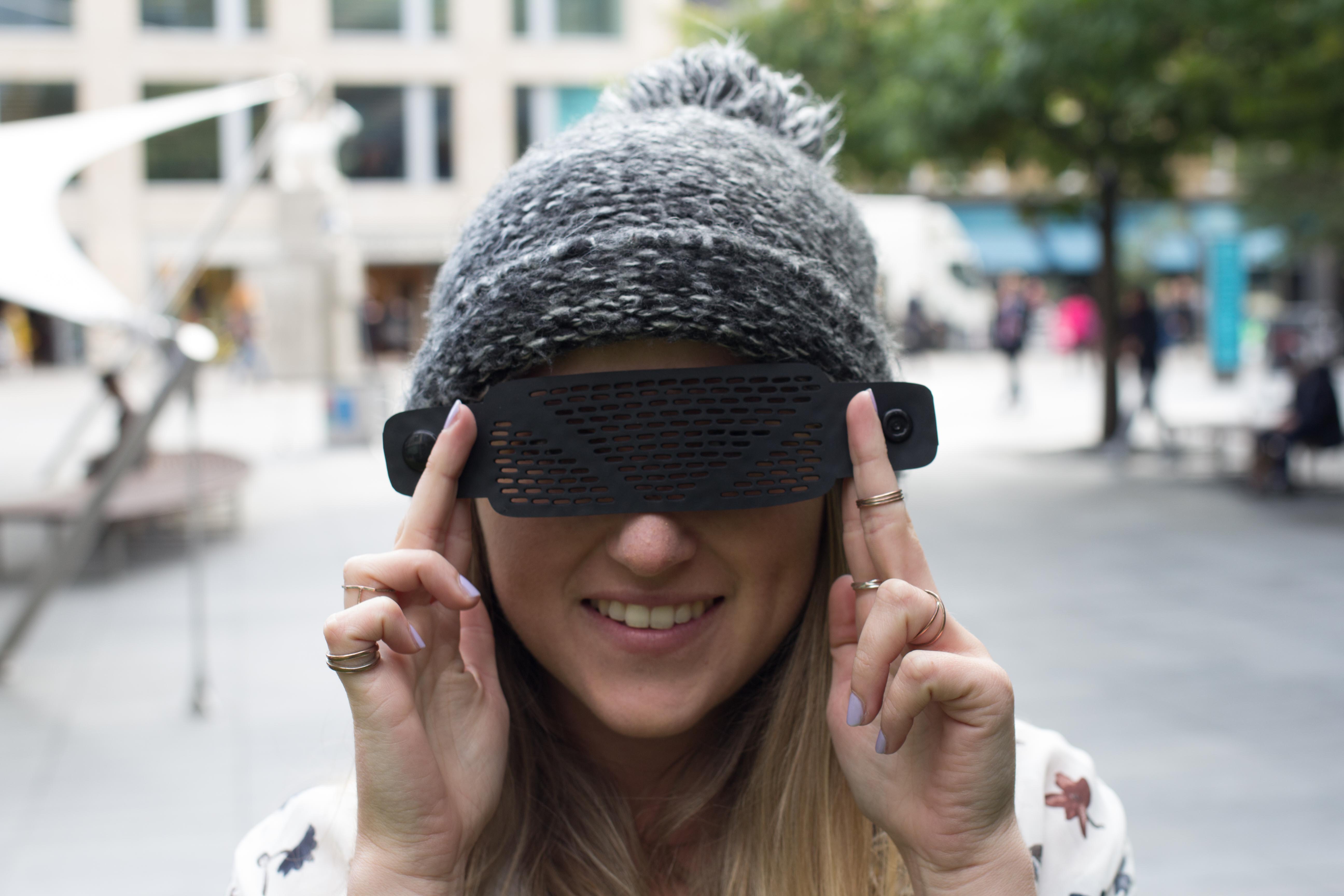
As we continue to grapple with the growing environmental challenges of waste management, the concept of upcycling has emerged as a powerful and creative solution. Upcycling, distinct from recycling, involves repurposing discarded materials into new, higher-quality products, thereby extending their life cycle and reducing the need for new resources. This practice not only helps mitigate waste but also fosters innovation and sustainability in various aspects of our lives. In this blog, we'll delve into the benefits of upcycling and share practical examples of how you can transform everyday trash into treasure.
What is Upcycling?
Upcycling is the process of transforming waste materials or unwanted products into new materials or products of better quality or environmental value. Unlike recycling, which typically breaks down materials to create something new, upcycling retains the original item's integrity, enhancing its value through creativity and design.
Benefits of Upcycling
-
Environmental Impact:
- Reduces Waste: Upcycling helps divert waste from landfills and reduces the amount of trash that contributes to environmental pollution.
- Conserves Resources: By reusing materials, upcycling lessens the demand for raw resources, which in turn reduces energy consumption and environmental degradation associated with manufacturing processes.
-
Economic Benefits:
- Cost-Effective: Upcycling can be a cost-effective way to acquire new items without the expense of purchasing new materials.
- Creates Opportunities: Upcycling fosters entrepreneurial opportunities by allowing individuals and small businesses to create and sell unique, high-value products.
-
Creative and Personal Value:
- Encourages Creativity: Upcycling encourages innovation and creativity as people find new ways to repurpose old items.
- Personal Satisfaction: There is a sense of accomplishment and personal satisfaction in transforming an old item into something useful and beautiful.
-
Social Impact:
- Community Engagement: Upcycling projects can bring communities together through workshops, markets, and collaborative projects.
- Promotes Awareness: It raises awareness about sustainability and encourages others to think differently about waste.
Practical Examples of Upcycling
-
Furniture:
- Pallet Furniture: Wooden pallets can be transformed into stylish outdoor furniture, coffee tables, or bookshelves with a bit of sanding and paint.
- Repurposed Doors: Old doors can be converted into headboards, tables, or room dividers, adding a rustic charm to home decor.
-
Fashion and Accessories:
- Clothing: Turn old jeans into trendy shorts, bags, or quilts. Upcycling old T-shirts into reusable shopping bags is another popular project.
- Jewellery: Create unique jewellery pieces from discarded materials like bottletops, dried flowers, or even computer parts.
- Glass Jars: Mason jars and other glass containers can be upcycled into candle holders, planters, or storage containers.
- Tin Cans: Cleaned tin cans can be painted and used as planters, pencil holders, or even lanterns for a garden.
-
Art and Crafts:
-Paper Crafts: Old magazines, newspapers, and books can be transformed into beautiful collages, origami, or paper beads for jewellery.
- Metal and Wood: Scrap metal and wood can be used to create sculptures, picture frames, or decorative wall art.
How to Get Started with Upcycling
- Identify Items: Look around your home for items that are no longer in use or are destined for the trash. Consider how they could be repurposed.
- Gather Tools and Materials: Basic tools like scissors, glue, paint, and a sewing kit can help you get started on simple upcycling projects.
- Find Inspiration: Websites like Pinterest, Etsy, and upcycling blogs offer a wealth of ideas and tutorials.
- Start Small: Begin with small, manageable projects and gradually take on more complex upcycling tasks as you gain confidence.
Upcycling is a fantastic way to contribute to environmental sustainability while unleashing your creativity. By transforming everyday waste into valuable new products, you not only reduce your ecological footprint but also create unique, personalised items that tell a story. This summer, as we celebrate Plastic Free July, consider incorporating upcycling into your lifestyle. Let's work together to turn trash into treasure and make a positive impact on our planet.



Comentarios (0)
Regresar a Vista desde la piscina de rocas